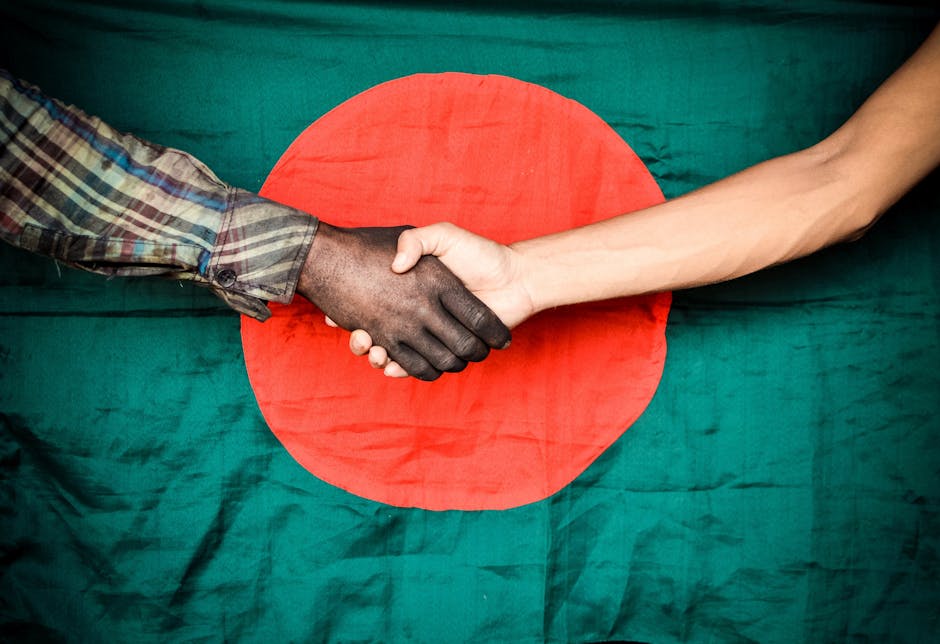-
Modi-Yunus Meeting: PM Modi met Bangladesh’s Chief Adviser Muhammad Yunus in Bangkok, the first official interaction since Sheikh Hasina’s ouster. This signals a potential shift in India’s engagement strategy.
-
Defense Cooperation: Regular joint military exercises (Sampriti, Bongosagar) and coordinated patrols continue.
-
Economic Partnership: Bangladesh is India’s largest trade partner in South Asia; bilateral trade reached USD 12.9 billion in FY 2023-24. Key Indian exports include cotton and petroleum products.
-
Energy and Connectivity: The India-Bangladesh Friendship Pipeline enhances energy ties. Cross-border projects like the Akhaura-Agartala rail link and Maitri Setu boost connectivity.
-
Multilateral Collaboration: Active cooperation in regional forums like SAARC and BIMSTEC.
-
Diplomatic Challenges: India’s past alignment with Sheikh Hasina created distance with other Bangladeshi political actors. India’s hosting of Hasina in exile caused tensions.
-
Growing Chinese Influence: Bangladesh’s participation in BRI and significant Chinese investment pose a geopolitical challenge for India.
-
Border Issues: Illegal immigration, Rohingya refugee crisis, cross-border terrorism, and trafficking remain persistent concerns.
-
Anti-India Sentiment: Public mistrust driven by perceived Indian interference is rising.
-
Way Forward:
- Engage inclusively with all political groups.
- Leverage multilateral initiatives like IPOI.
- Improve border management through smart fencing.
- Enhance people-to-people connectivity through cultural exchanges and scholarships.
- Yunus’s Statement Row: Yunus’s statement regarding northeast india is also a key point which raises question and need for better relation.
